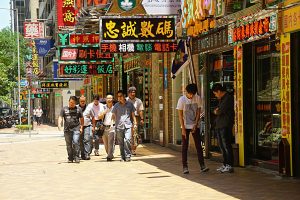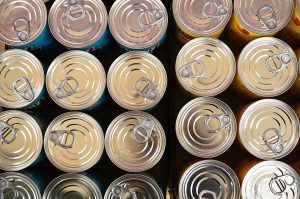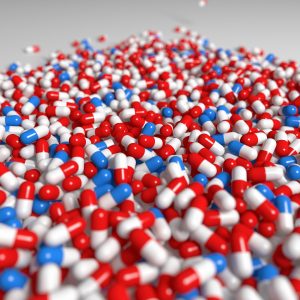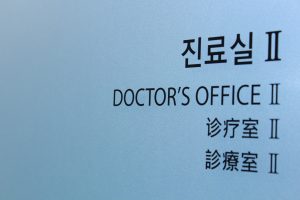Blind Public Acceptance allows governments and their agencies to experiment on you and me and workout what would eventually happen to us over a very long period. We blindly accept the situation until such longitudinal studies results in the products being banned or modified.
The both wonderful and unfortunate thing is that we are living in a modern society. New products and processes are being developed all the time. We cannot stop this pace of change. In fact, as you and I know the pace of change is quickening and new products are being created all the time. Exposure to new compounds is inevitable. My concern is not that these products effect restless leg is but that they may be cancerous or harmful in many other ways. If these products are neuro toxin as far as I’m concerned it is a prime candidate to be eliminated.
I think it was Napoleon that said an army marches on its stomach. Napoleon was a great innovator and to make sure that his far-flung armies were well fed, pushed for the introduction of canned food. Food could now be kept in cans for many months and even years. Unfortunately, as in many situations when you solve one problem you create another. After a prolonged period if there was any air in the can it would oxidize and rust.
This problem was eventually solved by the canning industry. They introduced a plastic lining to the inside of the can. Problem solved; not quite. As you probably guessed it, the plastic leeches chemicals into the food contained in the can. The chemical in question is bisphenol A or abbreviated to BPA. Studies have shown that 93% of urine samples contain this chemical and it is shown to be neuro toxin.
Studies have shown that one of the worst type of food to consume from tin cans is soup. This probably has something to do with the soup still being hot when it’s introduced in the can or possibly to do with the way certain fats within the soup may interact with the plastic lining. Soup seem to have many times more BPA and se tinned fruit.
So, where else’s BPA found? BPA is found in polycarbonate plastics and epoxy resins. Polycarbonate plastics are often used in containers that store food and beverages, such as water bottles. At the bottom of water bottles the recycling codes numbered 1 to 7 to indicate the type of plastic that need to be recycled. If you want to be more discerning avoid plastics with a recycling code 3 or 7. Manufacturers are now starting to label their products as BPA free. You should look out for such labels.
You should also avoid situations where hot food may come in contact with plastic. A typical situation would be where you heat or reheat food in a microwave oven using a plastic container.
And finally remember if you’re fighting to reduce your RLS then don’t accept Blind Public Acceptance!





